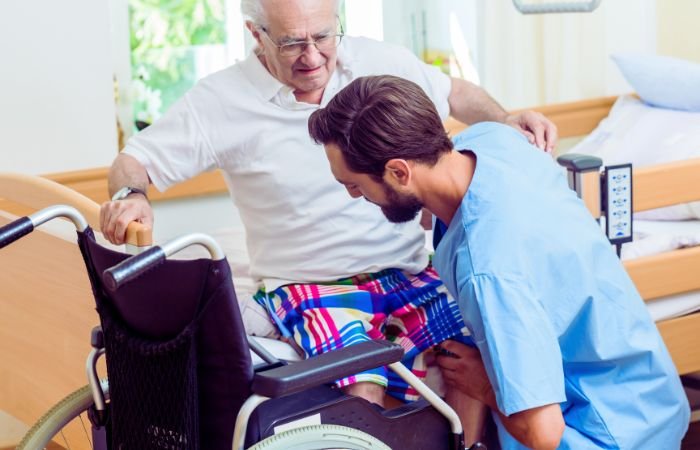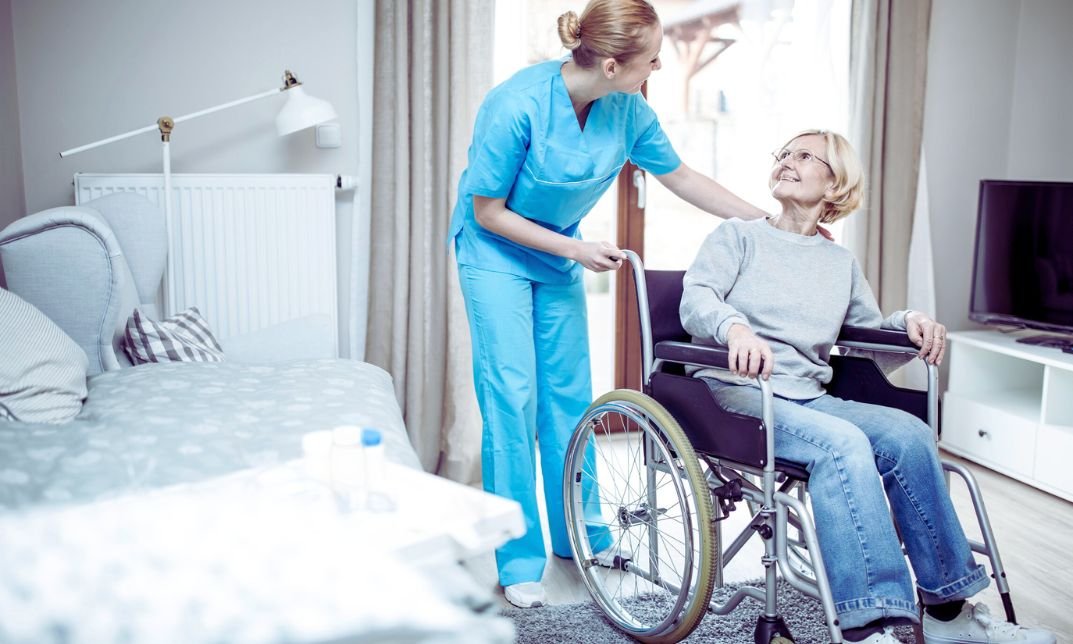No products in the cart.
Many people ask, why is dignity important in health and social care? Dignity is the main idea in healthcare. It means treating people with respect. It ensures that people get good care and follow rules and laws. Dignity is a basic human right. It means everyone should be treated with honour. It’s hard to say exactly what dignity is. But it generally means people have a right to be treated with respect and honour. This blog will look closely at dignity in healthcare. We’ll see why it’s important. We’ll also give tips for health workers to show it.

What Dignity Means in Health and Social Care
Dignity in care means making sure each person gets human and kind treatment. It means valuing the person and acting to protect their choices and rights. Dignity in care is key to giving good help, especially in UK healthcare. Keeping dignity means clients get kindness, care, and respect, which keeps their sense of worth strong.
Health and social care groups should offer services that treat patients with dignity and respect. Health workers should try to give patients the same level of care they would want for themselves and their families.
Dignity care considers a person’s skills and hopes. It means respecting who they are and what they’ve experienced. Dignity care is a big part of good care.
Why Dignity is Important in Health and Social Care
Dignity is a basic human right. It ensures people get kind and respectful treatment. People often feel weak when they are sick or old and need care, so showing dignity to patients has always been a key rule in social care.
In social care, dignity and respect are important for many reasons. Here are the main reasons to show kindness when giving care:
- Dignified care helps people feel good about themselves.
- It lets health workers build stronger bonds with patients.
- This is vital for how patients feel, both in mind and body.
- Helps make things fair and right in all ways.
- It helps people feel more in charge of their own lives.
How to Show Dignity in Health and Social Care

You need a careful plan focused on the client to add dignity to care. Caregivers need to learn about caring actions, not just skills. The tips below can help put dignity-focused ways into practice in healthcare.
Create a Culture of Respect
Dignity is maintained at all levels when there is a culture of respect in care places. This means setting rules for respecting what clients decide. It means making a place where caregivers feel good about giving dignified care. Managers and team leaders should show this behavior and talk openly about care rules and dignity.
Personal Care Plans
Caregivers should make plans just for each client. These plans should consider the client’s needs, what they like, and how they live. Letting patients help make these plans means the care they get respects their dignity and matches what they believe. NHS England says that personal care is key. It ensures that care can change and fit needs over time.
Get Feedback
Caregivers can check how well dignity-focused care works by asking clients and their families for regular thoughts. Care providers can ensure dignity is always respected in care by fixing problems and always making things better.
Regular Training and Learning
Caregivers should get regular training on respect and dignity in care. This is part of their job growth. Caregivers can better understand how to respect and protect dignity. They do this by learning about things like knowing different cultures, talking well, and keeping people safe. Groups like Skills for Care offer tools and training to help with dignity in care.
Conclusion
Understanding why dignity is important in health and social care helps us give truly kind and respectful help. Dignity in care is about building a culture of respect, understanding, and kindness in health and social care places. Making sure each patient feels valued and respected is key. This is true whether you work in a hospital, care home, or give home care.
Want to learn more about showing dignity in your care work? Explore the Health and Social Care program at Open Learning Academy. Our courses will give you the skills and tools. This will ensure dignity is always the first thing in your care.




